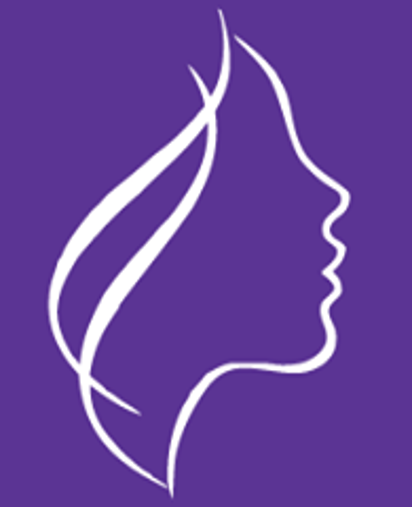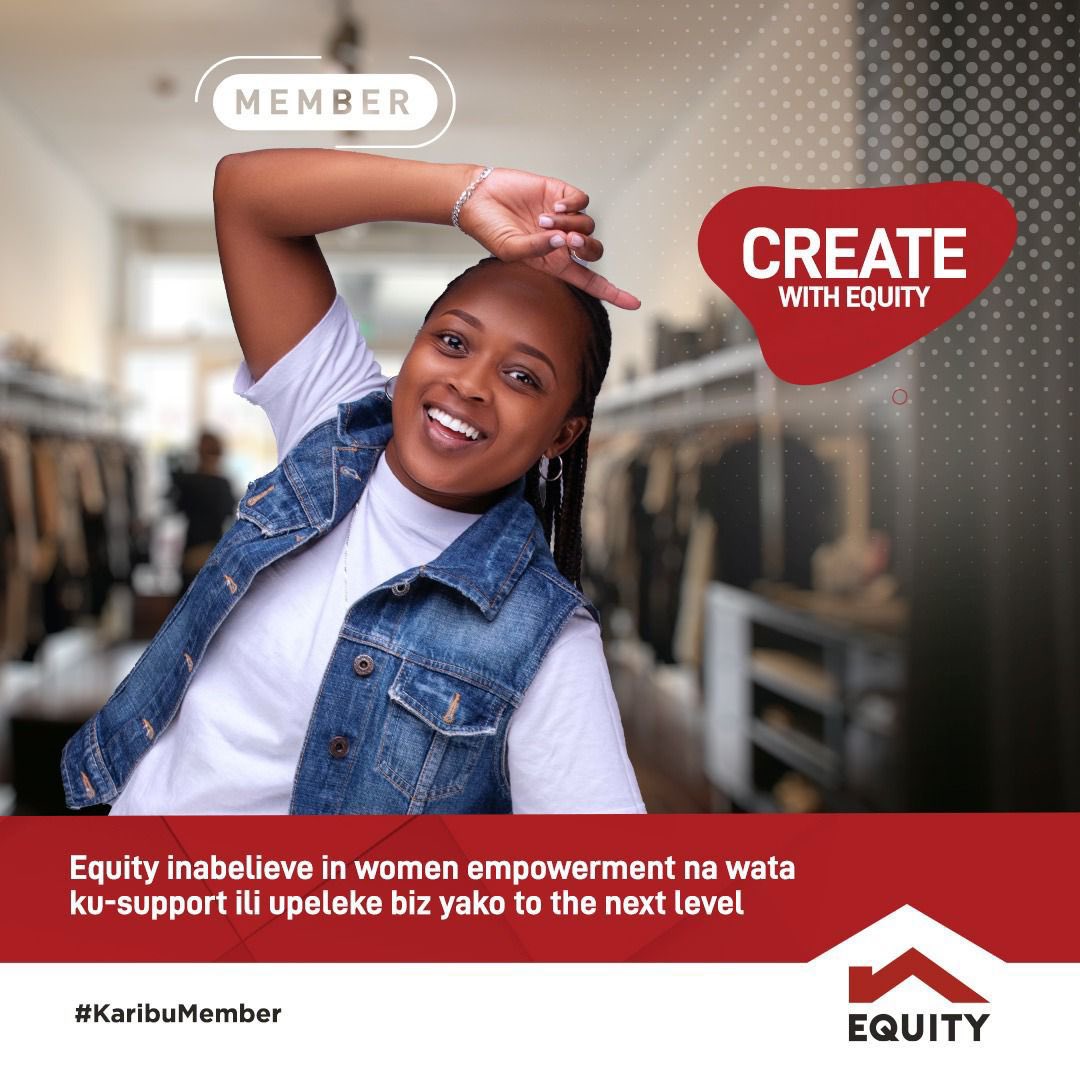For the last two weeks, we have been looking at Equity Bank’s African Recovery and Resilience Plan – a bold initiative with which Equity and other partners are looking to rebuild Africa. The plan is engineered around six pillars namely food and agriculture, trade and investment, manufacturing and logistics, MSMEs, technology and social and environmental transformation. This coordinated approach and holistic solution will provide inclusive growth and development through the continent by empowering all groups and women are right there in the mix.
Equity Bank’s history is already littered with empowerment of women as they build their businesses. In the past we have spoken to many women entrepreneurs on the same, with an example being Esther Munyiri of Kiwaka Women’s Group in Waithaka. This is the story of how all the women in the group have been greatly empowered by Equity through carefully crafted and well utilized loans. That is one story of a woman whose actions and words are having a ripple effect of uplifting not just her immediate family, but also the community around her. A story that captures the essence of what Equity Bank’s vision is about empowering individuals and communities through financial uplifting. Although Esther’s story was done before the launch of the recovery plan, it paints the picture of what the plan is all about. Leave no one behind.
There is also the story of Embu based entrepreneur Caroline Mbabu, an Equity agent who also has a cosmetics business in Manyatta market. Caroline has grown with Equity since she opened her first account in 2001. She then started her cosmetics endeavour in 2015, and became an Equity agent in 2016. All through, she has grown in leaps with not just loans, but also training on budgeting, bookkeeping, marketing and generally growing her business.
The need to accompany loans with financial training is crucial because the alternative to that is to have a lot of funds in the hands of entrepreneurs who do not have the knowhow on how to make the best use of them. In the case of Caroline and many other beneficiaries, she used Arifu which she accessed through her Equitel line at no cost. Arifu is an interactive chat bot providing a way to learn skills in a simplified manner so that this education reaches even the most unserved through mobile phones.
Women face many challenges in business, one of the biggest ones after lack of access to credit being lack of access to markets and procurement opportunities. To this day there is a still segregation in some sectors where only the ‘softer jobs’ are reserved for women. Jobs like catering, flowers, décor and cleaning. There is nothing wrong with that because everyone works at their capacity, but there is also the fact that these jobs are lower paying. If women are empowered enough through training, credit and encouragement, there is no reason why all opportunities should not be open to them equally. Then they are also able to play in the league of bigger profits, create employment, and the cycle loops into economic growth.
Women aside, the other group of people that will benefit immensely from the African Recovery and Resilience plan are the youth. If looked at from a different angle, the youth bulge we are currently experiencing in Africa is a blessing and not a curse as it is sometimes taken to be. After all, they are young, energetic and bursting with bright ideas which can propel Africa forward. Other than the recovery plan in which the youth will obviously play a major role, there is also the Africa Works program which is run by Equity in partnership with Mastercard Foundation and Governments. Under this program which is targeted to impact 25 Million youth, Equity Bank deployed 5 Billion USD for credit and training for MSMEs.


